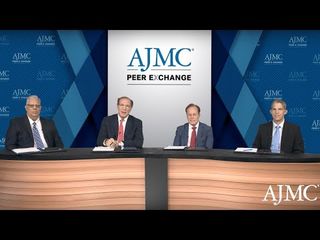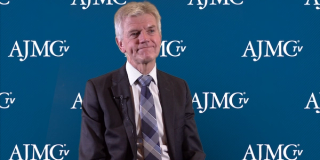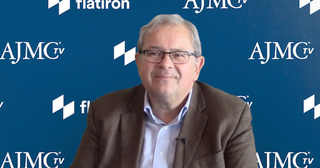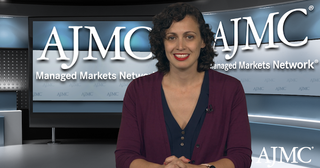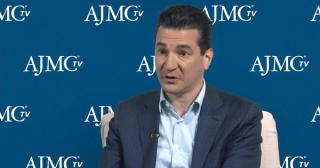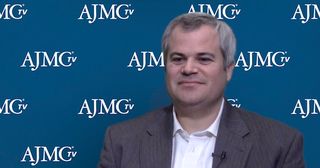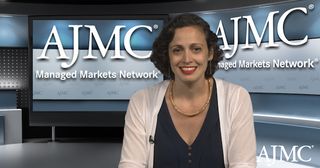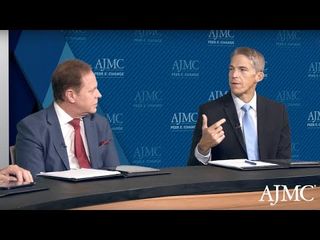
Insurance
Latest News
Latest Videos

More News
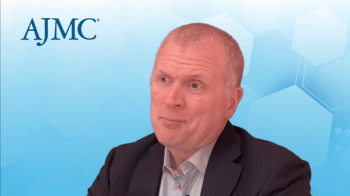
When the same product comes to market with additional indications, irrational pricing decisions result in ever-increasing prices instead of volume translating to lower costs, said Jon Mahrt, MBA, of OptumRX.

Researchers also estimated that more than 700,000 Americans with diabetes could lose insurance coverage if these proposed retractions are put into place, with some new policies already in effect.

Makers of medical tests will have about 4 years to show the FDA that their new offerings deliver accurate results; after previously decreasing for 27 years, US tuberculosis (TB) cases increased every year since 2020; a US district judge rejected a challenge by Bristol Myers Squibb and Johnson & Johnson to the Medicare drug price negotiation program.

Researchers addressed the impact of long-term coverage of telemedicine, following concerns that it will increase spending and hurt health care quality.

Prices for care at hospital trauma centers vary across hospitals; drug shortages reached a record high during the first quarter of 2024; although 3 of the biggest makers of asthma inhalers pledged to cap out-of-pocket costs for some US patients at $35, these do not apply to daily inhalers used by the youngest kids with asthma.
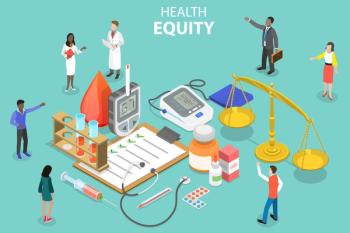
Commonwealth Fund Report Details Pervasive Racial and Ethnic Disparities in US Health Care, Outcomes
Using 25 health system performance indicators, the Commonwealth Fund 2024 State Health Disparities Report evaluated racial and ethnic disparities in health care and health outcomes both within and across US states and highlighted the urgent need for equitable health care policies and practices in the US.

The Biden administration recently launched the Global Health Security Strategy, a new effort to combat the spread of infectious diseases; lawmakers zeroed in on the risks of massive consolidation in health care during the first congressional hearing on the Change Healthcare hack; the FDA recently announced the recall of a pair of heart devices linked to numerous deaths and injuries.

Large insurance sales agency call centers are accused of enrolling individuals in plans without consent; more young adults are choosing permanent contraception procedures; widespread frustration with prior authorization requirements hints at potential future measures.

This feature series delves into how biases shed light on deeply ingrained stereotypes and prejudices that exist within the structure of US maternal health care, according to experts.

Accounting for 32% of all Medicare enrollees in 2019, high-need beneficiaries were more likely to be in traditional Medicare than Medicare Advantage.

President Joe Biden and Senator Bernie Sanders continue their push to cut the cost of asthma inhalers and prescription drugs in the US.

Antismoking groups sued the US government over the long-awaited menthol cigarette ban; the fill rate for Adderall and Vyvanse dropped more than 10% in 2 years despite soaring demand; the Biden administration has responded to offers from the manufacturers of drugs selected for Medicare pricing negotiations.

On this episode of Managed Care Cast, we're talking with Dennis Scanlon, PhD, the editor in chief of The American Journal of Accountable Care®, about prior authorization, price transparency, the impact of health policy on the upcoming election, and more.

CMS released a final rule to help patients obtain Children’s Health Insurance Program (CHIP) coverage and issued a proposed rule to update Medicare payment policies and rates for inpatient rehabilitation facilities; debate over if gift card incentives are acceptable in health care marketing.

The Supreme Court seems likely to reject a challenge to the abortion pill mifepristone; the FDA is inspecting far fewer pharmaceutical companies conducting clinical research; AstraZeneca has sued to block an Arkansas law that it said would unlawfully expand the 340B program to include for profit-pharmacy chains.

On this episode of Managed Care Cast, we're talking with the authors of a study published in the March 2024 issue of The American Journal of Managed Care® about their findings on variations in prior authorization use across Medicare Advantage plans.

A global AIDS program that was in limbo for months got temporary relief after congressional negotiators agreed to a 1-year renewal in the next government funding package; the outcome of the November presidential election could determine the state of fetal tissue research in the US; federal officials and industry executives failed to make improvements that stop hacking attacks.

For more than a decade, certain high-value preventive care services have been covered at no cost to patients under the Affordable Care Act, but a current legal challenge has the coverage at risk.

During a session of the 2024 V-BID Summit, panelists Stacie Dusetzina, PhD, and Inma Hernandez, PharmD, PhD, discussed how access to essential medications is curtailed not just by the longstanding complexities of insurance design but also by emerging threats such as supply chain weaknesses and cyberattacks.

Most private health insurers have yet to publish criteria for when they will cover postpartum depression drug, zuranolone; state lawmakers are increasingly opposing health care mergers that they believe do not serve the public interest; Medicaid extensions made in 2021 led to a 40% decline in postpartum lack of insurance.

President Biden will preview his plan to more than double the size of Medicare’s new drug price negotiation program in the upcoming State of the Union address; Mexicans and Central Americans were most affected by the pandemic in terms of all-cause mortality; two Alabama fertility clinics said they expect to resume in vitro fertilization (IVF) services after a bill was passed to protect doctors.

Prior authorization is a common utilization-management tool among Medicare Advantage plans. However, service-, area-, and carrier-level patterns suggest variation in how plans use prior authorization.

A new federal rule will provide higher Medicare payments for homeless patients, which may encourage hospitals to identify these patients and help them with their needs.

Modeling estimates indicate that annual breast cancer screening starting at age 40 years provides the greatest benefit to women and reduces risk per examination.

Out-of-pocket costs of diabetes medications other than insulin can be quite high for individuals with employer-sponsored health insurance.





